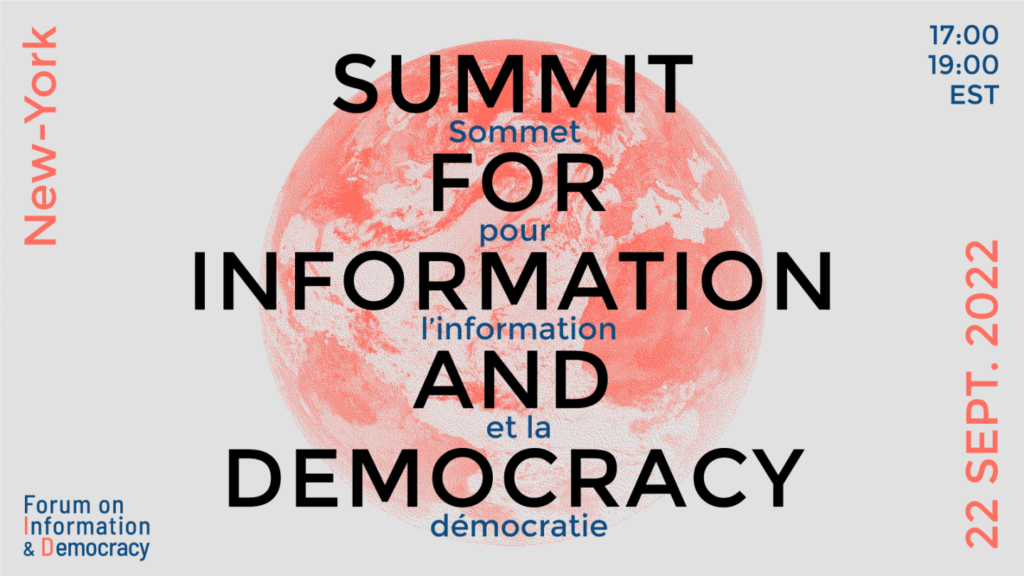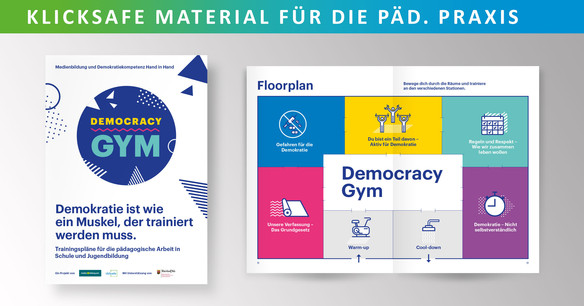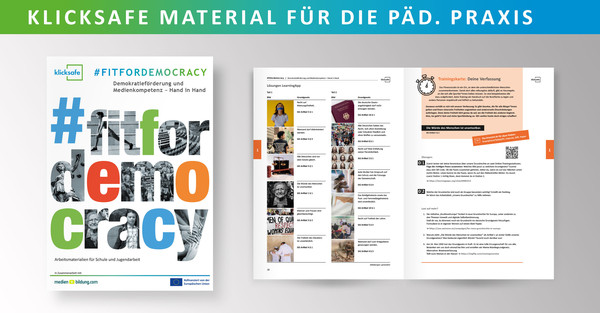
A paranoid fantasy has led many to believe that internet algorithms are undermining democracy. But research on this topic has, in fact, revealed the exact opposite, notes Dylan Selterman Ph.D.
Most social media algorithms actually recommend more mainstream and moderate content rather than extremist content. Far from “radicalizing” people, social media apps function as a way for people to vocalize and share their pre-existing viewpoints and identities, he writes:
Social media algorithms function on a system of monetized popularity. This means that whichever posts received a lot of attention from other users will be more likely to be recommended. This makes it extremely difficult for any type of fringe content to be recommended by an algorithm because it has to compete with mainstream media companies like Fox News or CNN which already have the largest audiences and the most widely viewed content. Algorithms tend to boost posts from organizations that have a lot of money to spend on advertising and promotion, and whose content tends to be more mainstream.

NED
Civil society leaders such as Nobel laureate Maria Ressa (right) will join ministers from the member states of the Partnership for Information and Democracy as its second summit convenes on 22 September 2022, on the sidelines of the UN General Assembly, RSF reports:
- New states will publicly announce their endorsement of the Partnership for Information and Democracy at the Summit.
- The upcoming Observatory on Information and Democracy will be presented by Shoshana Zuboff, author of The Age of Surveillance Capitalism.
- The recommendations of the report How to end infodemics (2020) will be discussed by ministers, after being presented by Maria Ressa, laureate of the 2021 Nobel Peace Prize, who co-chaired its working group.
- The proposal for A New Deal for journalism (2021) will be discussed by ministers, after being presented by Nighat Dad, vice-chair of the Forum. States will be called upon to support the development of the Journalism Trust Initiative (JTI), a self-regulatory mechanism promoting the reliability of information.
- The Forum will publish the recommendations of its working group on accountability regimes for social networks and their users.
 Klicksafe’s Democracy Gym bundles eleven media-based methods for educational practice on using media to advance democracy and to counter disinformation.
Klicksafe’s Democracy Gym bundles eleven media-based methods for educational practice on using media to advance democracy and to counter disinformation.

While tech giants like Facebook and Google dominate the digital ad market, news media are struggling to survive. The challenge of rebalancing the relationship between Big Tech and journalism is one of the most pressing issues globally for media development, the Center for International Media Assistance adds.
In CIMA’s latest report, Courtney Radsch analyzes the evidence and justification for proposals that would tax digital advertising, compel Big Tech to negotiate with publishers over content usage, or require platforms to pay licensing fees for using news content. On Tuesday, September 20th CIMA will host an online panel discussion with the author of the report and other experts to discuss how Big Tech affects local media markets, what policy interventions are being discussed, and the challenges to implementing these policies in low-income countries. RSVP by September 19.
 Speakers:
Speakers:
Dr. Courtney Radsch, researcher and CIMA report author of “Making Big Tech Pay for the News They Use”
Prue Clarke, Executive Director of New Narratives
Patrícia Campos Mello, Editor-at-large at Folha de São Paulo newspaper
Wahyu Dhyatmika, Secretary General of the Indonesian Cyber Media Association
Moderator:
Daniel O’Maley, Senior Digital Governance Specialist at CIMA
Should Big Tech Pay for the News? Rebalancing the Relationship RSVP
Tuesday, September 20, 2022 from 10:00 AM to 11:00 AM (EDT)







